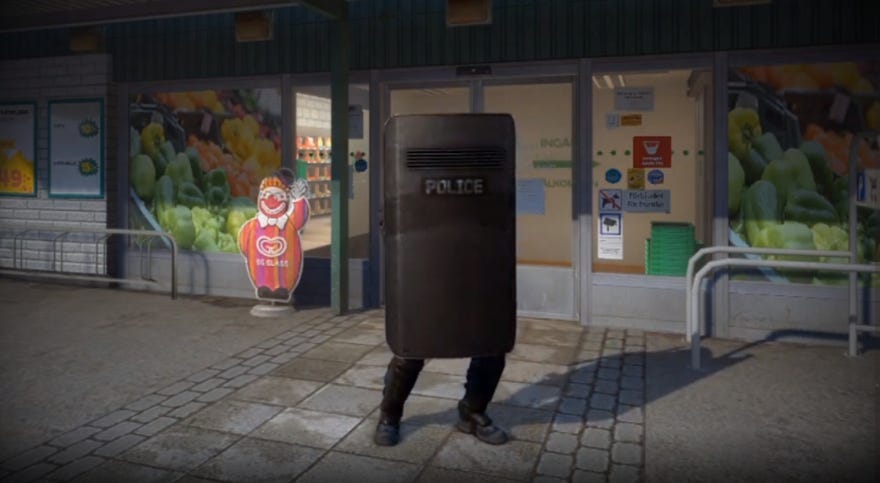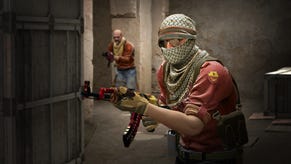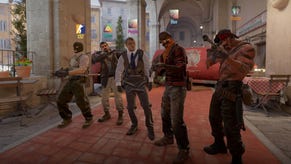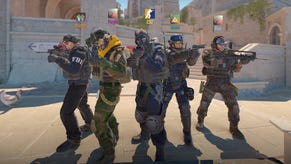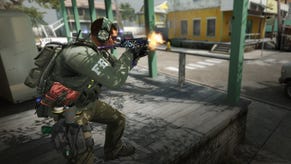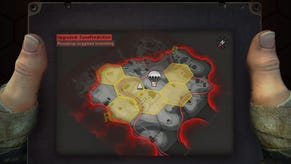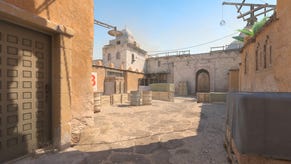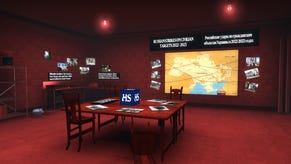CS:GO's Operation Riptide revives the riot shield and makes a major change to Dust2
Duck and cover
The riot shield was probably the most divisive item ever added to Counter-Strike - and now it's back. New update Operation Riptide, out now, introduces the defensive item to Counter-Strike: Global Offensive's casual mode, alongside major tweaks to Dust2, new missions, shorter matches, and private matchmaking queues.
Ballistic shields were introduced to CS:GO's Danger Zone mode back in 2019, but Danger Zone is a very different beast. Now they're usable by counter-terrorists in casual hostage rescue matches, meaning you can use them in maps like you could back in the original Counter-Strike.
The riot shield provides protection from bullets when held in front of you. When put away, it moves onto your back, and provides protection from behind. You can't shoot while holding it, meaning it's most useful as a way to protect armed teammates as they take cover behind you. It'll break after taking a certain amount of damage - and in Danger Zone at least, it doesn't protect you at all from melee attacks.
When introduced to Counter-Strike, the riot shield ended up banned from almost all competitive matches because the playerbase felt it was unbalanced - or at least led to unfun situations. It theoretically encourages teamwork among counter-terrorists, but it could also lead to clumsy stand-offs or tail-chasing in one-on-one situations.
Valve's changes to Dust2 are similarly substantial: they've added a wall. Specifically, they've added a wall that breaks line of sight between the terrorist spawn and the double doors near the Counter-Terrorist spawn. That means terrorist snipers should no longer be able to headshot CTs as they run towards one of the bomb sites three seconds into a round. Valve tweeted this video to show the wall in action:
I'm particularly interested in the new "short matches." When looking for a competitive match, players can now choose between the normal length and new shorter matches where a team only needs to win 9 rounds. Valve say that these matches typically last around 25 minutes. I stopped playing CS:GO almost entirely when my kid was born, and suddenly carving out a focused hour of play became impossible. 25 minutes seems doable.
More broadly, I'm just excited to see such substantial changes coming to a game that's now nine years old and which has previously felt a little unloved. Operation Riptide is one of the biggest updates CS:GO has received in a long while. You can find out more details over on its microsite, or via a changelog on the CS blog. I've not mentioned the now standard upgradeable mission coin, or the new mission types, or the new team deathmatch mode, or so much more.
